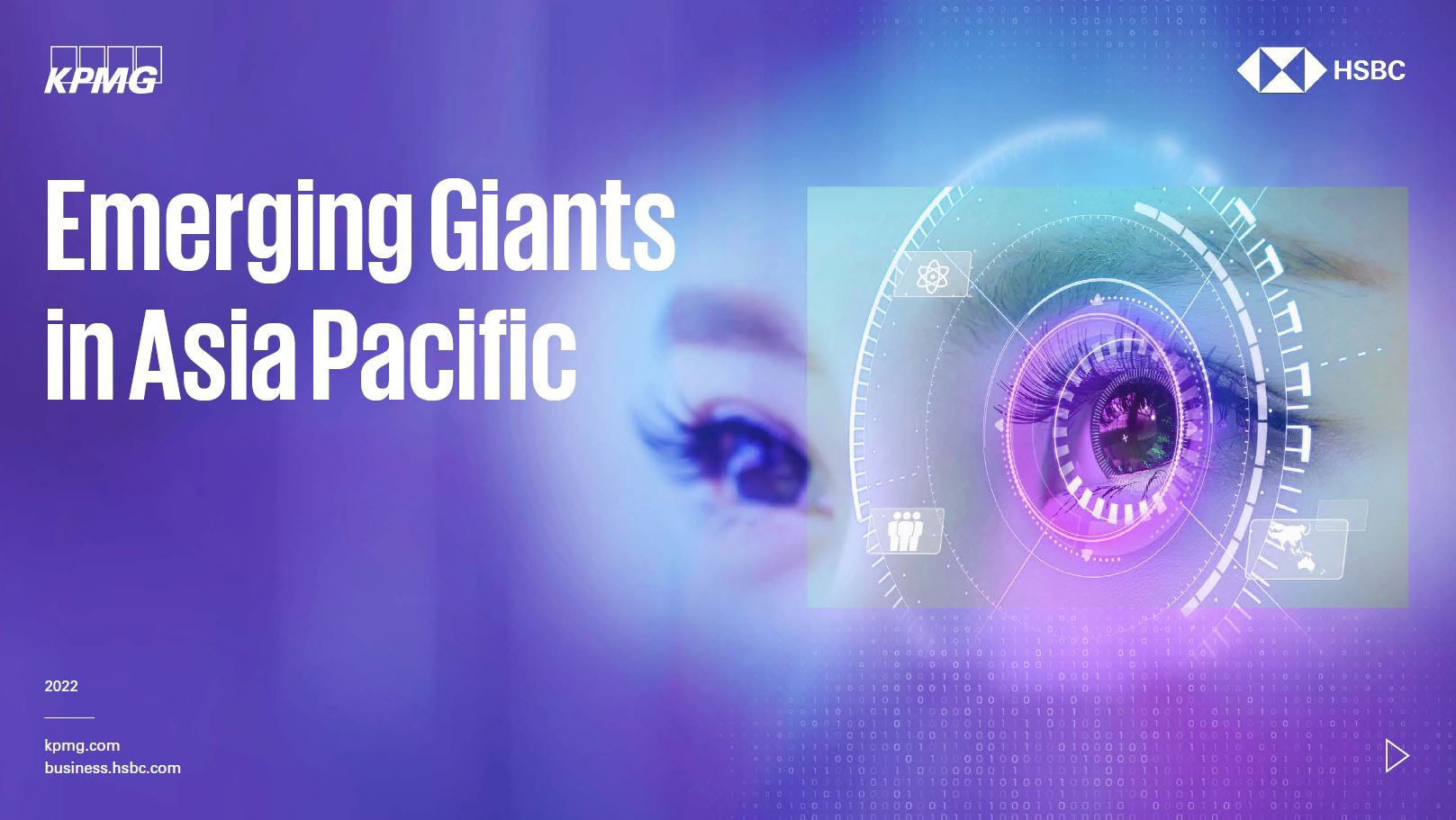Already the top destination in Southeast Asia for start-up investment, Singapore-based enterprises are attracting more funding than ever. Start-up ventures based in the city-state raised over S$11.2 billion (US$8.02 billion) in 2021, more than double the prior year. Many tech unicorns were minted in 2021, including Ninja Van, PatSnap, Advance Intelligence Group and Nium. More recently, PropertyGuru made its debut at the New York Stock Exchange.
A strong advocate for tech and innovation, Jacqueline Poh is the managing director of the Economic Development Board — a government agency tasked with enhancing Singapore's economic competitiveness. The EDB works closely with other Singapore government agencies to build a pro-business environment that enables companies to create globally competitive products and services.
How is the Singapore Government supporting start-up growth?
Start-ups in Singapore tell me that they appreciate easy access to accelerator programmes, a wide range of funding sources, a strong talent base, linkages to overseas markets and lead demand from Singapore.
Start-ups can access over 200 global and local accelerators in Singapore such as Iterative, Singtel Innov8’s Innovation Cybersecurity Ecosystem at Block71 (ICE71) and Enterprise Singapore (ESG)’s Startup SG Accelerator. In addition, corporate accelerators help start-ups tap into new regional opportunities. For example, SAP.iO Foundry, launched in 2019, is the company’s first accelerator programme for Southeast Asia start-ups in Singapore. The programme provides participating start-ups access to curated mentorship, and exposure to SAP tech and application programmable interfaces. Its first cohort consisted of seven companies focused on B2B tech, including talent acquisition and management strategy start-up, Pulsifi. Today, Pulsifi serves customers across six Southeast Asian countries.
There is also a range of funding options for start-ups. In 2021, start-ups in Singapore raised a total of S$14.7 billion in 2021, almost triple the sum raised in 2020. The investment arms of government agencies such as ESG’s SEEDS Capital and EDB’s own EDBI co-invest directly into start-ups and crowd in additional private capital with venture capital firms. A vibrant network of about 400 family offices in Singapore also provide ample investable funds for start-ups that meet their investment mandates.
In October last year, investment company Temasek also announced that they will be investing S$1 billion a year into deep technology sectors.
Through programmes such as the Global Innovation Alliance (GIA), the Singapore Government helps start-ups based here catalyse cross-border collaboration between Singapore and major innovation hubs globally. Singapore tech start-ups and SMEs can leverage GIA Acceleration Programmes, for instance in Jakarta, Shanghai, San Francisco, Berlin, to connect with business and innovation communities all over the world. In 2021, 39 such programmes were conducted. As an example, Hiverlab, a Singapore immersive technology company, participated in a virtual acceleration programme to access the Vietnam market, was appointed Microsoft’s exclusive authorised device reseller for its mixed reality device, HoloLens 2, and is now partnering Microsoft to develop the mixed reality ecosystem in Vietnam.
Singapore also helps fast-growth global start-ups who want to base themselves here secure critical talent. Under Tech@SG, a scheme administered by EDB and ESG, eligible companies can receive up to 10 employment passes over two years for experienced global talent hired as part of the company’s core team. A few examples of companies who have benefited include Zenyum, a local dental health start-up founded by a foreign entrepreneur; and Padlet, an edtech start-up company that is expanding through Singapore.
Lead demand and reference customers are important for start-ups. Singapore’s Infocomm Media Development Authority (IMDA) also runs the Accreditation@SG program.
This credential qualifies start-ups as contenders to win contracts with government agencies and large enterprises.
To make the experience more seamless for start-ups in Singapore, EDB, ESG and IMDA established Digital Industry Singapore (DISG) in 2019 to serve as a single window for the needs of digital enterprises.
What types of businesses are increasing their investment in Singapore at present?
EDB will continue to focus on high-growth and high value-added sectors.
Digitalisation will remain a vibrant source of new concepts and business models, especially post-pandemic. Over the past decade, Singapore’s digital economy has almost doubled its share of total jobs. Our connectivity to both developed and emerging economies provides unique opportunities for investment in the digital industry. Many of the world’s largest tech companies from East and West have set up here, including Amazon, IBM, Google, Alibaba, Mastercard, Rakuten, GoTo and many others.
Companies are also capitalising on Singapore’s thriving research and innovation ecosystem to establish new R&D centers, innovation platforms and partnerships with universities and public research institutions. Dell Technologies for example, launched their Global Innovation Hub in Singapore last year. The National University of Singapore (NUS) and Cisco Systems also launched a Corporate Lab to accelerate Singapore's digital transformation.
The NUS-Cisco Corporate Lab has five strategic research areas including AI, cybersecurity, healthcare, urban infrastructure and future workforce and productivity.
Other sectors that are propelling new investments in Singapore include healthcare (biotech and medtech), electronics (including semiconductors), agritech, advanced manufacturing and sustainable solutions for the green economy.
What particular challenges do Singapore start-ups face, and how is Singapore helping to address them?
Finding good engineers, product managers and other technical talent is a major challenge for many start-ups globally. Singapore already has a strong base of engineering and technology talent emerging from our world-class universities and mid-career skills retraining efforts. Since Singapore started reopening its borders on Oct 2021, the flow of tech talent has also resumed.
Besides Tech@SG, which I mentioned earlier, ongoing government initiatives help start-ups leverage service providers that can help them build and manage tech teams remotely, while helping them navigate local regulations to facilitate market expansion.
We are also actively working with companies to train talent for the industry as a whole. For instance, DISG, with the support of IMDA, works with tech companies based here, including Google, Microsoft and IBM, on large-scale training programmes for the industry. These programmes cover skills such as AI, cybersecurity, software engineering, cloud technology and digital marketing.
As featured in:
Connect with us
- Find office locations kpmg.findOfficeLocations
- kpmg.emailUs
- Social media @ KPMG kpmg.socialMedia



